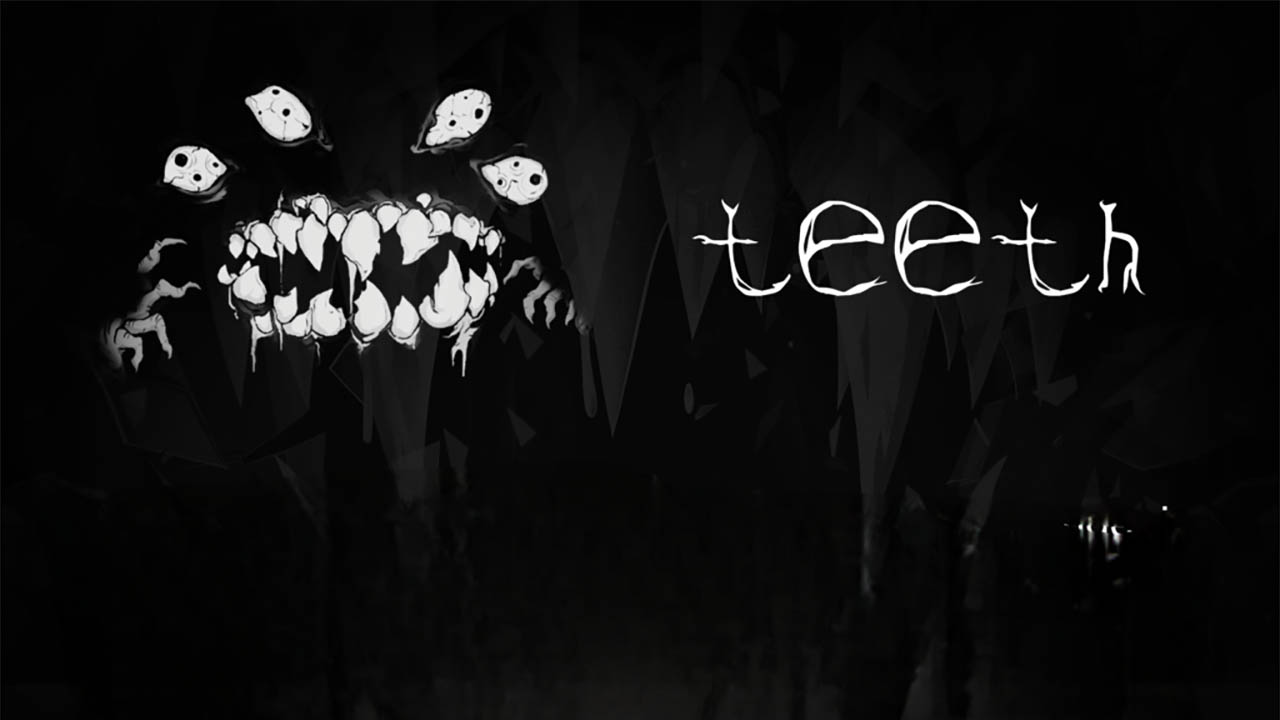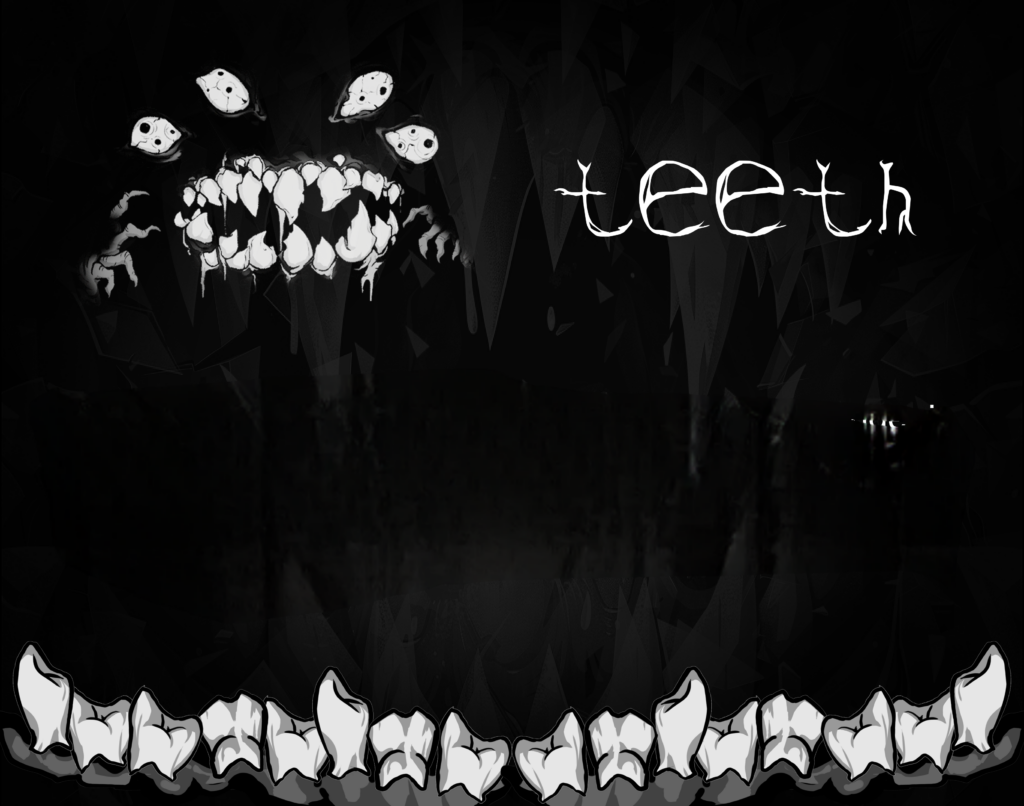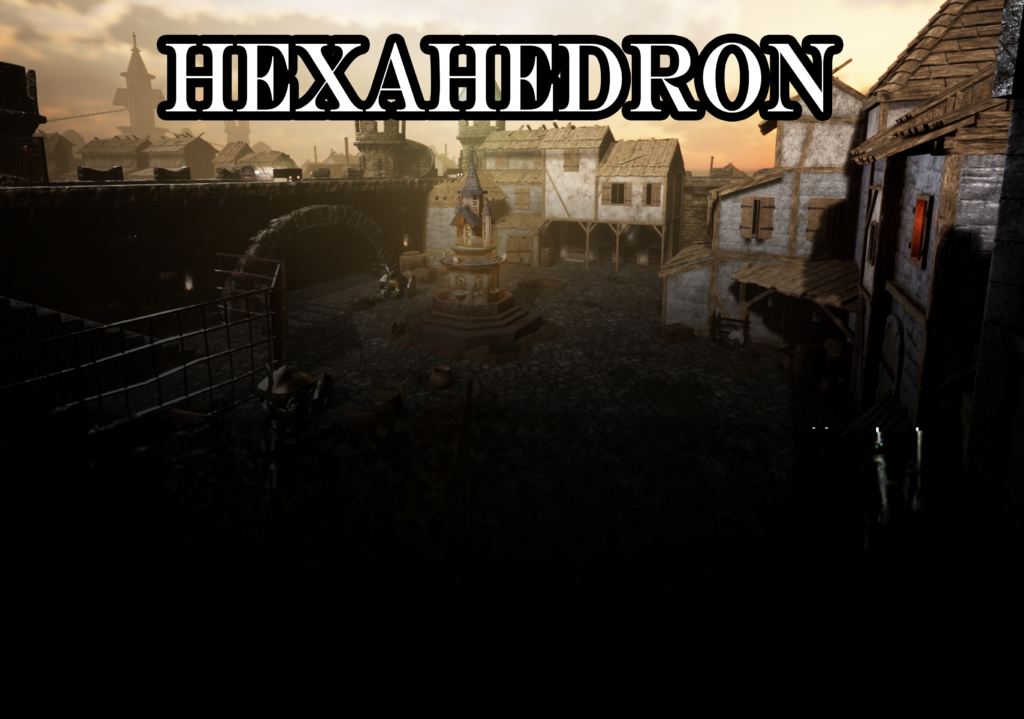
When you go to any gaming convention whether it be PAX East, E3, Summer Game Fest, or Gamescom, you never know what to expect when previewing a game; this fact is especially true when playing Indie games.
Most demos have flaws and despite the developers’ best work and troubleshooting, demos often break on the show floors. When you go to these shows, it is important to keep an open mind and focus more on what the developer is trying to show rather than if the demo works flawlessly. But what happens when you try demos created by students at these trade shows?
At PAX East 2024, we met with David Goodwine from the Academy of Art University to preview two games that his students are currently working on. At the show, the Academy of Art University showcased its two game projects Teeth and Hexahedron.

Teeth
Teeth is a 2.5D hack-and-slash game; destroy abnormalities such as plaque, gingivitis, cavities, and rot to protect the mouth (a guess). The game’s combat revolve around killing different monsters. The demo shockcased a variety of monsters with their own abilities.
The tooth warrior could use either a sword to slash enemies or a magic attack that threw a slashing wave out at monsters. The magic meter is only refunded by killing enemies. The level design of the game was eerie and gave an illusion like the player was moving into a dark abyss within the mouth.
The only downside to the demo was that once we found out that we could die and keep fighting without consequence, the game became a lot easier. Even with the ease of the game it was still a fun experience.
Hexahedron
The second game we checked out at the Academy of Art University’s booth was Hexahedron. Hexahedron is a first person hack and slash game that has a similar combat system to Soulsbourne games. Compared to soulslike games, you have a have limited ways to fight and the monsters have huge hit boxes.
Unlike Teeth, Hexahedron was more of an unpolished product feel. Yes, you could tell what the game was intending to show off, but a lot of level design and rendering was missing.
Despite the missing assets, the game’s mechanics were still solid and you could tell what the team was going for. The gameplay was still fun despite it being unpolished. The feeling of taking down the boss at the end still gave a similar rush to killing a Dark Souls boss despite being easier.
David Goodwine Interview
After we tried out both of the demos, we met back up with David Goodwine to do an interview about the school’s program and his personal experiences.
Matt – Can you tell me a bit about yourself and how you got into the gaming industry?
David – My first degree was in Physiology but I decided that wasn’t the path I wanted to follow. I started working on games in the 90s and have worked with Crystal Dynamics and EA. I have worked on Legacy of Kain Defiance, the Lord of the Rings the Two Towers, the Return of the King, Project Snowblind, and Tomb Raider Legend.
Matt – What other industries have you worked in? Have you ever worked on any movies?
David – I previously worked on Shrek. It was a fun project to work on, but because of it, I don’t know if I would ever go back to movies.
Matt – What is one project you would love to work on if you were to go back to movies?
David – I would have to say Marvel, specifically the Avengers.
Matt – When did you switch from creating games to teaching about them?
David – I joined the Academy of Arts in 2009 and have been there ever since.
Matt – How does the program work? Do the students decide on the games themselves and do they get to keep their work after the program is complete?
David – The year is broken up into three stages. Classes start in the summer. Once Fall hits the game’s go into production and in the Spring, the games are polished for events.
The students get to pick what games they work on and they can continue working on them after they leave the program. They get to choose if they want to publish them or put them to the side. Some of our students have gone on to form their own companies while others have joined some of the biggest companies such as Activision, EA, Blizzard, Riot Games, Tencent, and Bethesda.
Matt – How do you decide what games to show at the shows?
David – Before the semester starts the students and faculty decide on which games to show off at GDC, Comic Con, and PAX. Those games are then focused on and polished to be shown off.
